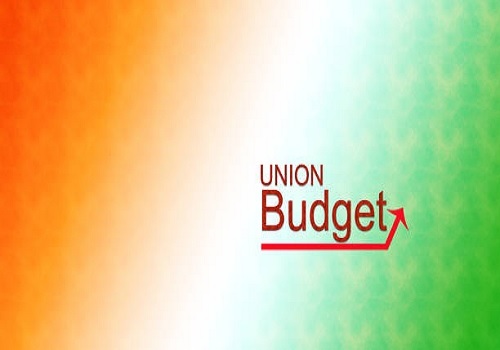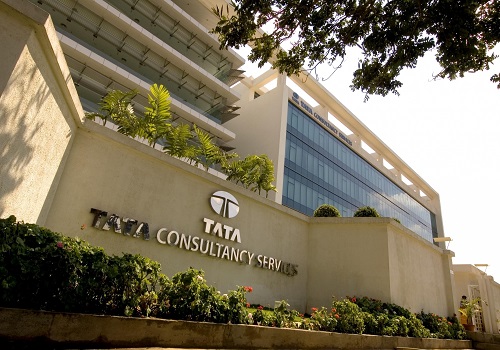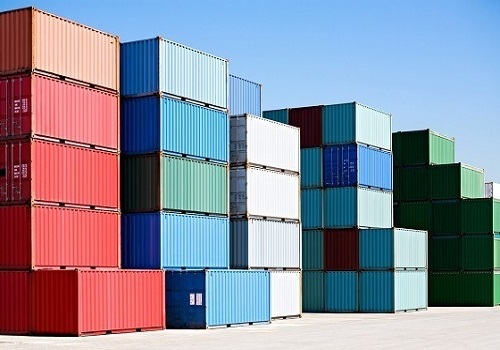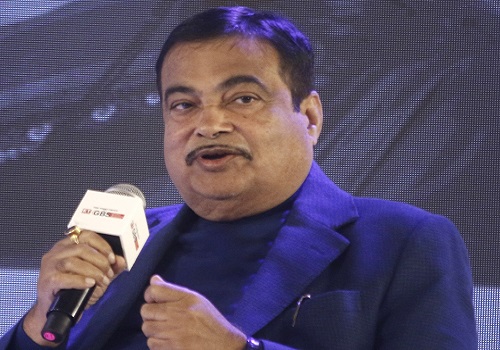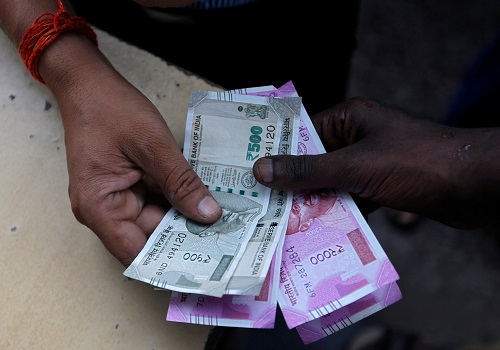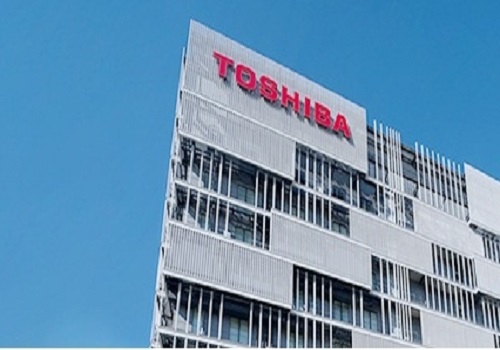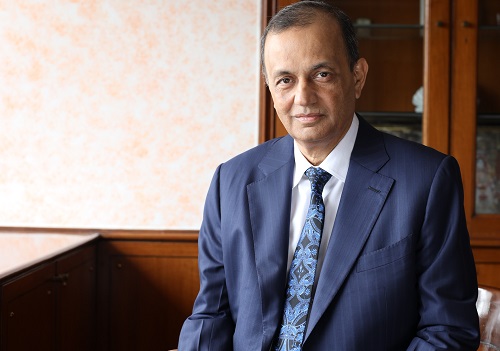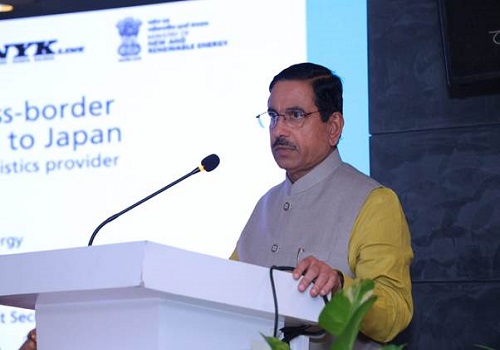India should join China-backed Asian trade bloc, government think tank CEO says
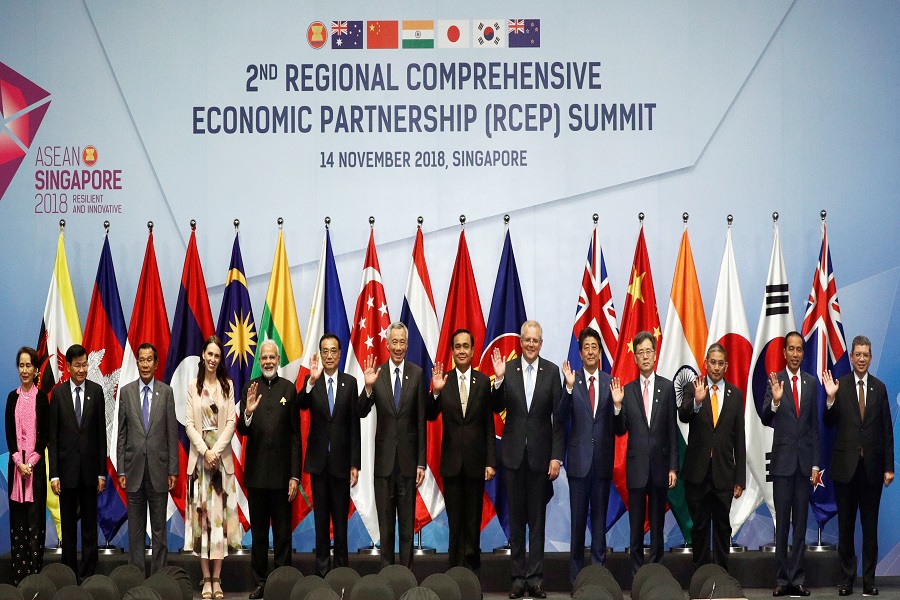
India should join the Regional Comprehensive Economic Partnership (RCEP), a top official at a government think tank said on Thursday, years after the country decided to walk out of the China-backed Asian trade bloc.
The RCEP is the world's largest trade bloc backed by China and groups 15 Asia-Pacific economies, including Australia, Japan, New Zealand and the 10 member-states of the Association of Southeast Asian Nations (ASEAN).
In 2019, India decided to not join the bloc, on the grounds that the deal would hurt its farmers, businesses, workers and consumers.
"India should be a part of RCEP and CPTPP and become a member," said B V R Subrahmanyam, the CEO of NITI Aayog, a public policy think tank for the government. He said that joining the trade blocs will help India boost its manufacturing base and exports by small and medium firms that constitute 40% of the country's exports.
The Comprehensive and Progressive Agreement for Trans-Pacific Partnership (CPTPP) is a free trade agreement between 11 countries including Australia, Canada, Chile, Japan, Malaysia, Mexico, New Zealand and Singapore.
The CPTPP was signed by the countries in March 2018 and went into effect in December that year.
He also said India has not benefited much from global companies' efforts to build factories outside China because of India's high tariffs.
In recent years, many companies have adopted a "China Plus One" strategy to build new manufacturing units outside the People's Republic.
"I don't think we have captured the China plus one opportunity as much as we could have," he said.
"Countries like Vietnam, Indonesia, Malaysia, Turkey, Mexico, have probably benefited more from China plus one than we have."
India's goods exports during April-September 2024 rose by 1.02% from a year earlier to $213.22 billion.



